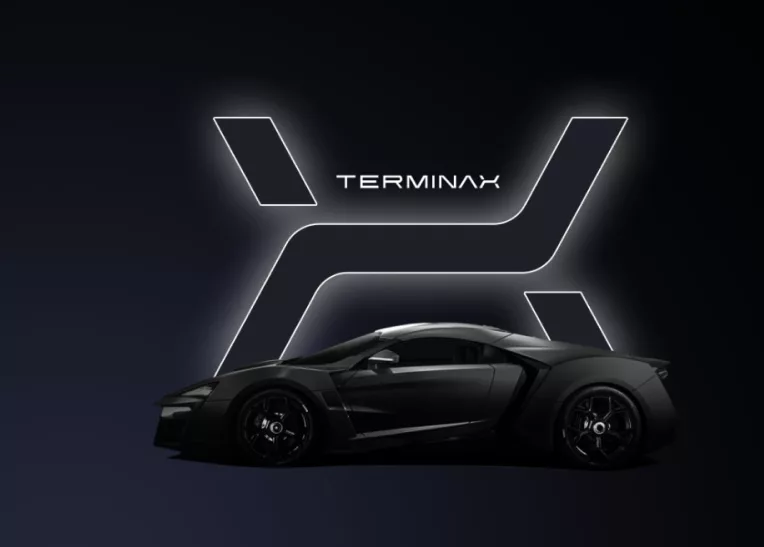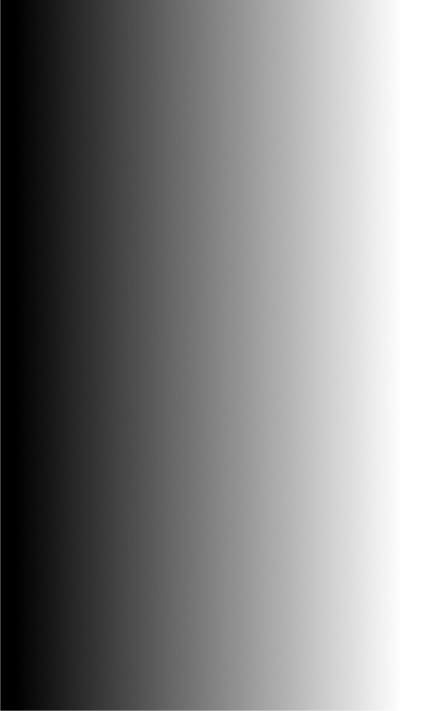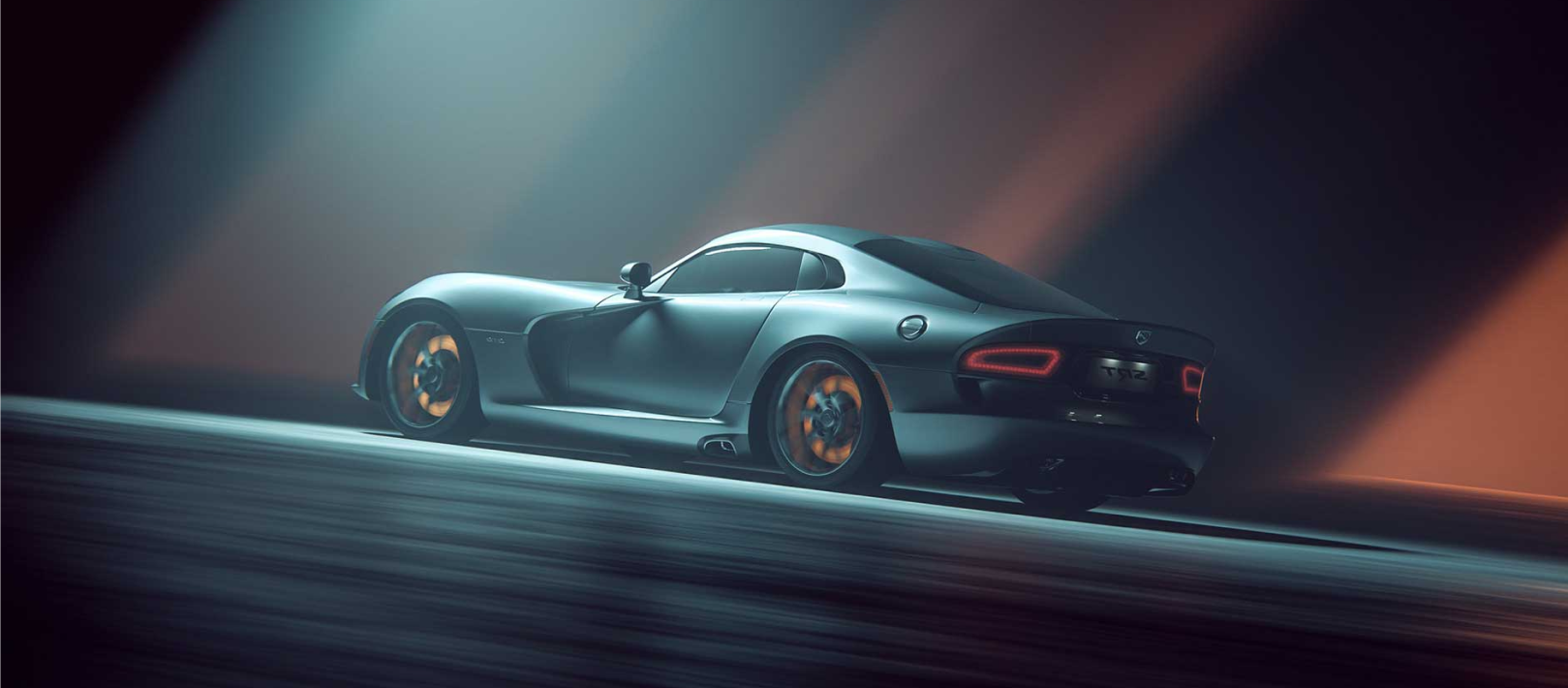What Type of Material Do You Wrap a Car With? Your Guide to Choosing the Right Car Wrap
What Type of Material Do You Wrap a Car With? Your Guide to Choosing the Right Car Wrap
When it comes to transforming your car’s appearance or protecting its original paint, a car wrap is one of the most popular and cost-effective solutions available today. Whether you’re aiming for a bold new look, enhanced resale value, or long-term protection against UV rays and scratches, the type of material you choose makes all the difference.
So, what type of material do you wrap a car with? In this guide, we’ll explore the most common materials used in car wrapping—Vinyl, TPH, and TPU, and explain how each performs. We’ll also introduce you to TERMINAX, a trusted brand known for high-performance automotive films, and recommend the best product series for your needs.

Why Material Matters in Car Wrapping
Car wraps aren’t just about aesthetics—they’re functional, too. The right material impacts how your wrap looks, feels, performs, and lasts. Here are a few key factors that depend on the wrapping material:
- Durability
- Ease of installation
- Weather resistance
- Scratch and stain protection
- UV stability
- Cost
Choosing the wrong material could lead to fading, peeling, or a short-lived finish, so making the right decision is essential.
The 3 Main Types of Car Wrap Materials
Vinyl Wraps
Vinyl wraps are the most commonly used option in the car wrapping world. Known for their affordability and ease of installation, vinyl wraps are available in a wide variety of colors and finishes, including gloss, matte, satin, carbon fiber, and chrome.
They are particularly suited for short-term or seasonal use, making them a favorite among drivers who enjoy frequently changing their vehicle’s appearance. While vinyl is budget-friendly and easy to apply and remove, it does come with some limitations. Its average lifespan ranges from 2 to 4 years, and it offers lower resistance to scratches, harsh chemicals, and extreme weather. As a result, vinyl wraps may fade or peel over time, especially in tough conditions.
TPH Wraps
TPH wraps, made from Thermoplastic Polyolefin, are a newer material designed to enhance the performance of traditional vinyl. They offer improved flexibility and better resistance to heat, UV rays, and chemicals. This gives TPH wraps a smoother, more paint-like finish and makes them more stable across varying climates.
Though they tend to be slightly more expensive than vinyl, they strike a good balance between cost and durability. However, TPH wraps don’t match the self-healing capabilities of TPU and offer fewer color options than vinyl. They’re ideal for vehicle owners seeking a step up in durability without committing to the highest-end solution.
TPU Wraps
TPU wraps, or Thermoplastic Polyurethane wraps, represent the premium tier of car wrapping materials. Originally popularized through paint protection films (PPF), TPU is gaining traction in luxury and performance vehicle wraps due to its exceptional self-healing and hydrophobic properties.
These wraps offer superior scratch resistance and can heal minor scuffs when exposed to heat. With a lifespan ranging from 5 to 10 years or more, TPU provides long-lasting UV and stain resistance while actively repelling water and dirt thanks to its hydrophobic surface.
However, this level of protection comes at a higher price and typically requires professional installation. If you’re looking for top-tier, long-term protection that delivers both visual appeal and robust performance, TPU is the ideal choice.
Introducing TERMINAX: Premium Car Wrap Solutions
When it comes to premium automotive films, TERMINAX stands out for its commitment to performance, durability, and design. Whether you’re a car enthusiast, a professional installer, or someone who simply wants to give your vehicle a new lease of life, TERMINAX offers products tailored for your needs.
Why Choose TERMINAX?
- Made with advanced materials including TPU and TPH
- Engineered for extreme weather performance
- UV-resistant and long-lasting
- Designed for easy installation and superior adhesion
- Available in multiple finishes: matte, gloss, carbon fiber, forged, metallic, and more
Recommended Product Series from TERMINAX
1. TERMINAX PPF
If you’re looking for the ultimate in protection and performance, the TERMINAX PPF is your go-to choice. Made from high-grade thermoplastic polyurethane, this series is designed for luxury cars and long-term protection.
Key Features:
- Self-healing surface under heat
- Stain and chemical resistance
- 5–10 years lifespan with proper care
- Maintains a showroom finish over time
- Ideal for harsh weather zones and frequent road use
Best For:
Luxury car owners, auto detailers, and anyone who wants premium, paint-like protection with a high-gloss or matte finish.
2. TERMINAX Shield TPH Series
For those who want solid durability and aesthetics without the premium TPU price tag, the TERMINAX Windshield-X™ Protection Film delivers excellent performance.
Key Features:
- Enhanced durability over traditional TPU
- Smoother finish than standard wraps
- UV and weather resistance
- Affordable for daily drivers
Best For:
Mid-range car owners, fleet vehicles, and users who want a better-than-TPU solution at a reasonable price point.
Which Material Should You Choose?
Here’s a quick breakdown to help guide your decision:
| Material | Best For | Durability | Price | Surface Protection |
| Vinyl | Aesthetic changes | 2–4 years | $ | Low |
| TPH | Daily driving, moderate protection | 3–5 years | $$ | Medium |
| TPU | High-end protection, luxury vehicles | 5–10+ years | $$$ | High |
Final Thoughts
So, what type of material should you wrap a car with? The answer depends on your goals. Vinyl wraps are not suitable for long-term use. If your priority is long-term protection and premium finish, TPU wraps, especially TERMINAX TPU car wrap, are unbeatable.


